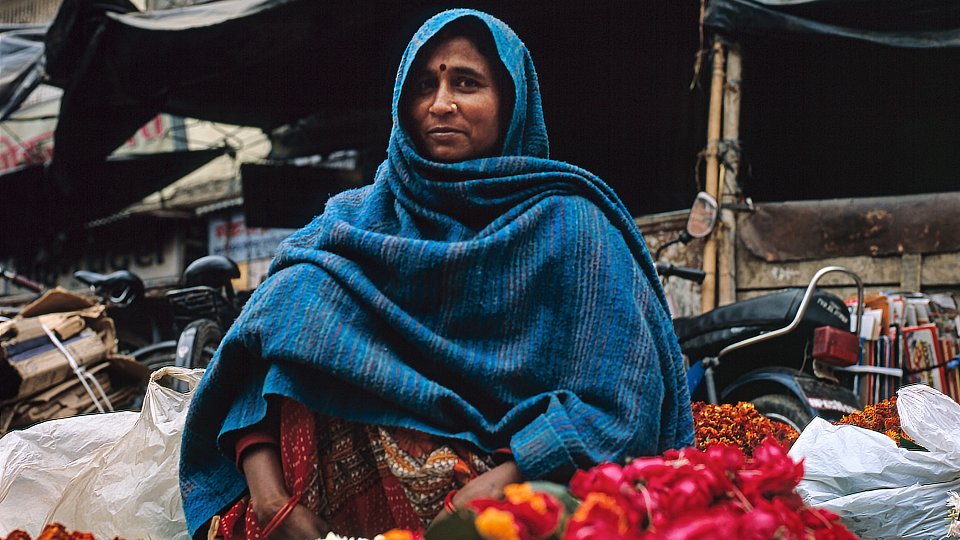Overcoming Barriers to Learning
Radio provides a lot more than just pop music or weather updates to Women of Hope listener Arundhati* in India. When she got in touch with our response team, Arundhati explained that she was illiterate and therefore depends on her radio for much of the information she can’t get through reading.
“I always keep my radio with me, and since I cannot read and write, Ashamoyee Naree [Women of Hope in the Bengali language] program is the source of my all encouragement and inspiration,” Arundhati said. “I cannot express to you in writing how this program has transformed my life, and it is very useful in my day-to-day life. Because of this program I am growing in my spiritual life.”
Radio and other audio media are vital tools not only for the many listeners around the world who can’t read but also for those in oral cultures who better process information when they hear it than when they read it in a more abstract presentation. Women of Hope episodes are packed with practical information and profound biblical reflection presented in a warm, relational way.
Mallika* also described herself as illiterate at the time she first came to know of Women of Hope. She found the program to be encouraging and wanted to study the Word of God – so much so that she decided her own skills needed to be expanded.
“I listen to the program in the Gujarati language, and it touched my heart,” she told the team. “I prayed to the Lord to help me to read the Bible. God heard my prayer, and now I am able to read the Bible. I spend time in prayer, and I receive the TWR Women of Hope prayer calendar.”
Having seen how gospel radio overcame a barrier to her own learning, Mallika hopes that others for whom reading is not a primary channel of information will one day share her experience.
“I pray that many women may come to the Lord through your ministry,” she said.
* Not her real name.


